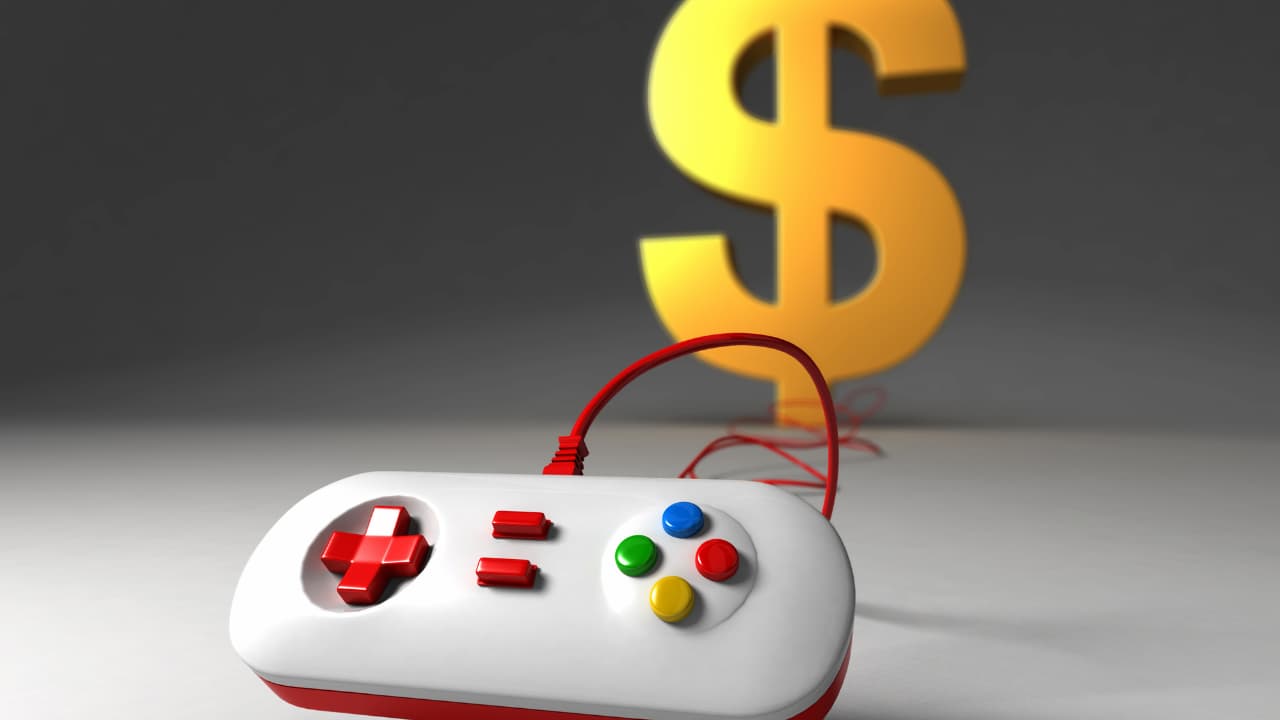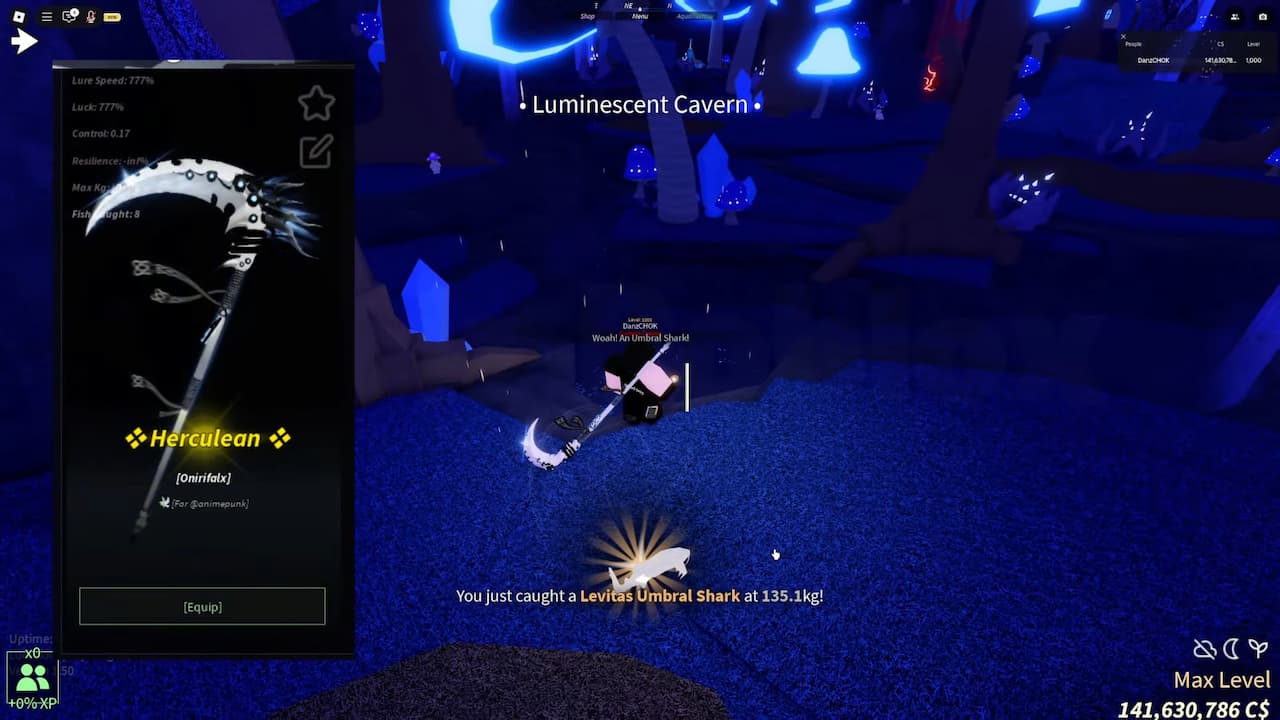Cheating in online games isn’t just a handful of shady players running hacks in their mom’s basement anymore. It’s an organized, global industry making millions every year. Researchers from the Universities of Birmingham and Warwick recently dug into the numbers, and what they found is staggering. Roughly 80 cheat-selling websites are pulling in anywhere from $12 million to $73 million annually.
Let that sink in for a moment. That’s the kind of money you’d expect from a successful indie game studio, not from selling aimbots and wallhacks.
Top Video Game Cheat Suppliers in the Market
The biggest name in the business right now is Engine Owning, a site pulling over half a million visits every month. Part of its success comes from pricing. Cheats there can cost less than $14 for a month’s subscription, with some going as low as $10. You don’t have to be a business genius to see why it’s so popular. It’s a low barrier for anyone willing to risk getting banned.
On the other end of the spectrum, you have services like Veteran Cheats, which can charge over $250 for a month. Why so expensive? Because the more a game’s anti-cheat software resists tampering, the more work cheat developers have to put in and they charge accordingly.
Even New Games Aren’t Safe (Battlefield 6)
Take Battlefield 6, for example. Its PC open beta launched with a controversial requirement which is Windows Secure Boot. In theory, that’s supposed to make it harder for cheats to load before the game starts. In practice? Cheaters showed up almost immediately. Players were sharing clips of obvious hacks on day one.
EA says they’ve already banned around 330,000 accounts during the beta, catching tens of thousands of offenders daily. So, is it working? Sort of. Secure Boot doesn’t magically make cheaters disappear, but it does make developing and running cheats more expensive and that’s the point.
The Anti-Cheat Dilemma
Next up, Call of Duty: Black Ops 7 will double down by requiring both Secure Boot and TPM 2.0. That’s basically kernel-level access to your PC, letting the anti-cheat software dig deep into your system. Sounds powerful, right? It is but it’s also risky. If something goes wrong, like with the recent CrowdStrike meltdown that bricked systems worldwide, the fallout could be massive.
That’s the balancing act developers face. How do you fight cheaters hard enough without alienating regular players?
Why This Matters to You
If you’ve been headshotted through a wall in Counter-Strike 2 or found yourself losing every fight in Fortnite, you know how much a single cheater can ruin a match. Multiply that by thousands of players, and it’s easy to see why game studios are willing to take risks with aggressive anti-cheat systems.
The reality is, cheating will never completely go away. But if making it more expensive and harder to pull off keeps even some bad actors out of your matches, that’s still a win for everyone else trying to play fair.
Because at the end of the day, games are supposed to be fun, and nothing kills the fun faster than realizing the other guy didn’t beat you… his $200 subscription did.




